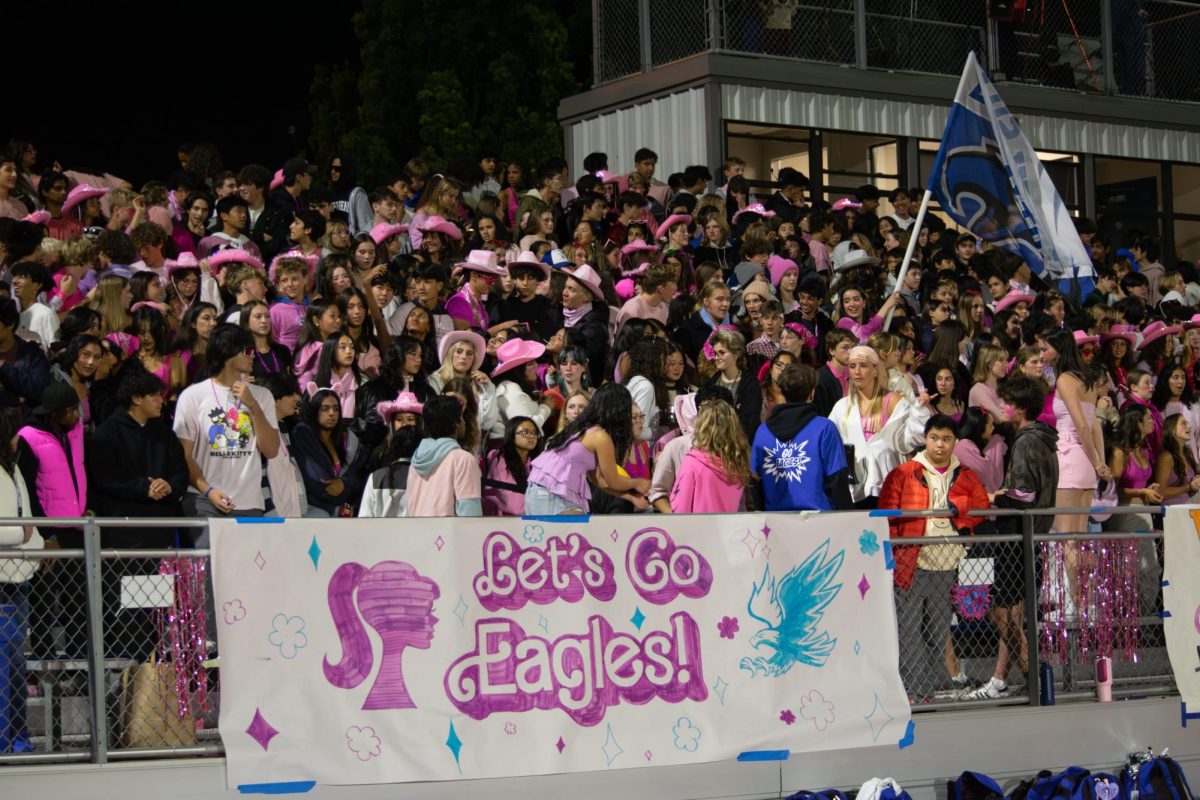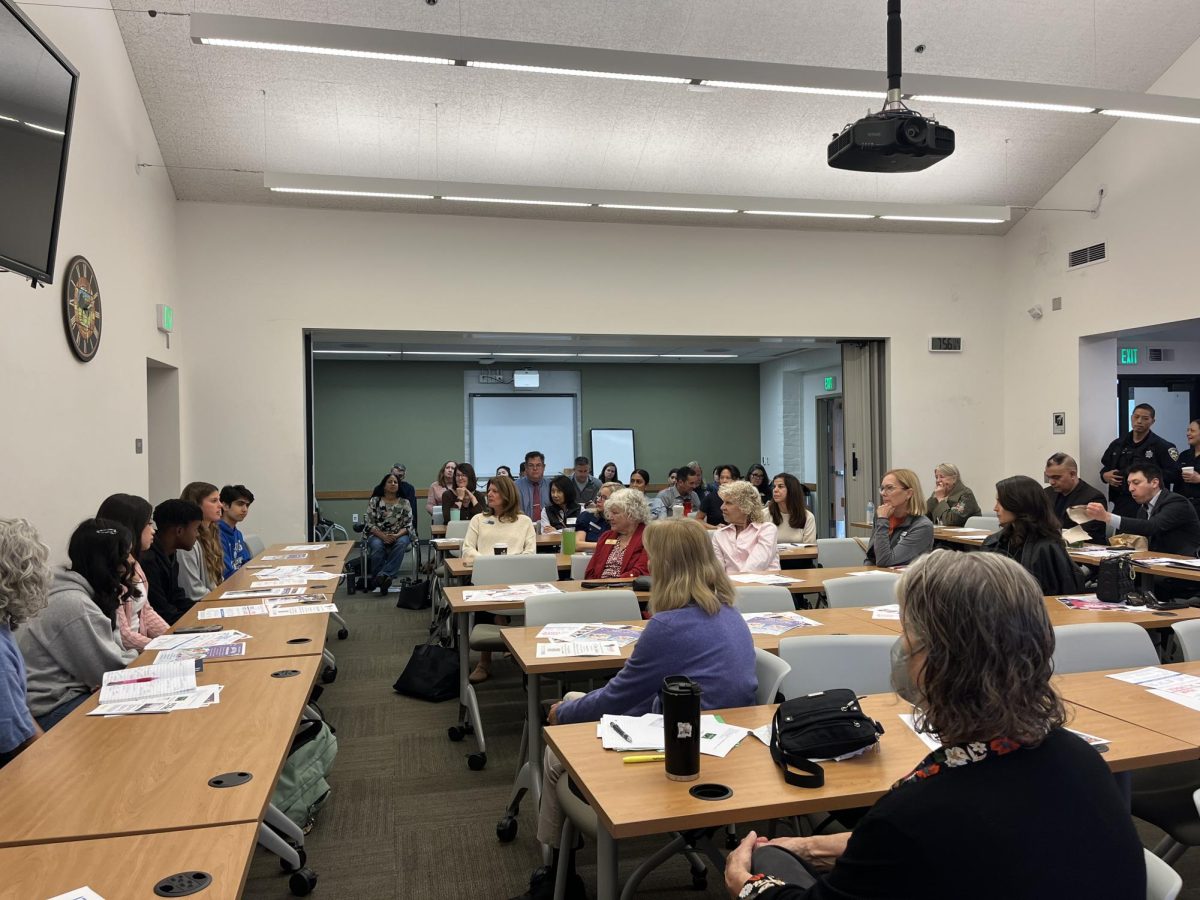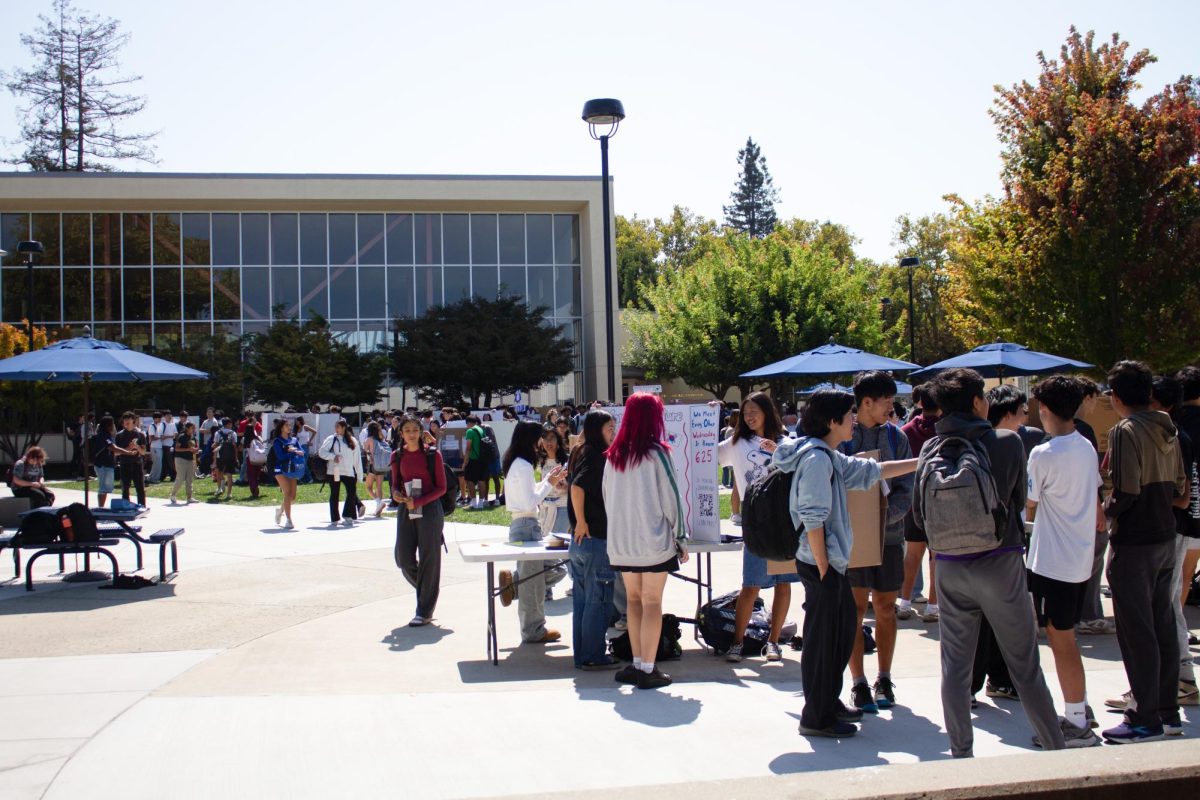After working for a year and a half, the school has nearly completed its report for the Western Association of Schools and Colleges (WASC). Teachers and staff will review the final draft and send it out by January. It will contain information describing the school, specifically how it has performed over the last six years and how it plans to improve over the next six years. The report is necessary for the school to be officially accredited by the WASC committee.
“The [WASC report] is important because the accreditation board that comes in reads all that and makes an assessment of what we’ve done in the past to judge ‘you guys are a good school,’” Assistant Principal Galen Rosenberg said.
The school administration created “focus groups” of staff to study each aspect of the school the WASC committee felt is important: organization, curriculum, instruction, culture and assessment. These interdisciplinary groups used a variety of sources for information, including student surveys, achievement data (standardized test scores), parent feedback and staff experiences. Home groups also exist to allow students, parents and teachers to give feedback on the groups they are involved with.
“We’ve treated groups like ASB, LSU, The Talon, parent groups, LUCHA, band boosters as home groups, too, since they are representatives of students and parents,” Rosenberg said.
From this analysis, the staff committees created action plans meant to address certain problems in the next six years, including aligning courses, improving students’ test scores, helping students to manage stress, making teachers more accountable and updating technology.
“From [focus group reports], we developed five action plan items to deal with the school, goals for those and specific tasks [to meet those goals],” WASC coordinator and social studies teacher Derek Miyahara said. “Right now we’re in the process of getting feedback [for our action plan items]. We’ve been getting staff and faculty input for the last two or three weeks and we got student input.”
Each action plan item is focused on addressing realistic goals for the school. Alignment is focused on continuing to align the school’s classes, especially allowing course teams to align themselves in curriculum and assessment. Achievement means the school is trying to have more students meet CST score goals and A-G course requirements (required for UC schools), while increasing enrollment and success in honors and AP classes.
“We’re trying to diversify and broaden the number of students taking those courses at our campus,” Miyahara said. “One of the things we’re trying to do is proposing AP Psych, which we think may provide an opportunity for students who might otherwise not take an AP and get them into the AP track.”
Community is focused primarily on how teachers can help students manage the stress and challenges of being a high school student. Responsibility means making teachers accountable for the way they teach by ensuring that they continue to teach at a high level. Finally, technology means updating computers and software on campus, but will likely be limited by available funds.
“We’d like to get more and better equipment and the latest software, but that one is tough because we’re always constrained by cost and money,” Miyahara said. “We try to figure out what’s most important, what we can get to, what has the most energy/momentum around them. We’ll probably tackle those first.”








